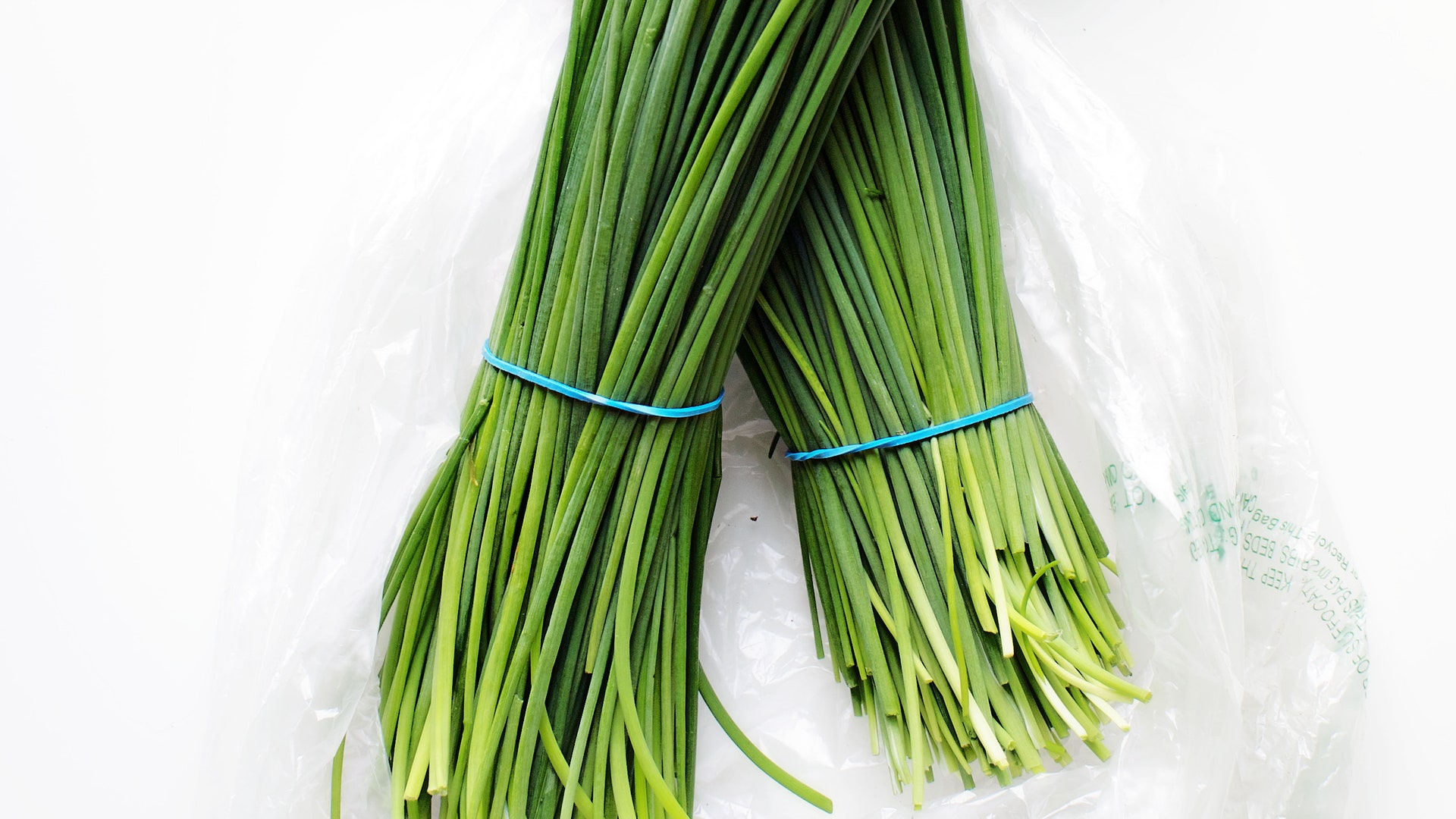Health Benefits of Chives
What are the health benefits of chives?
Chives are a flavorful herb related to onions, garlic, and leeks. They are rich in vitamins, minerals, and antioxidants, offering several health benefits. Here are some key health benefits of chives:
- Rich in Nutrients: Chives are low in calories but high in nutrients. They are a good source of vitamin A, vitamin C, and vitamin K, as well as minerals like potassium, calcium, and iron.
- Antioxidant Properties: Chives contain antioxidants such as flavonoids, carotenoids, and vitamin C, which help protect cells from damage caused by free radicals. This can help reduce the risk of chronic diseases like heart disease and cancer.
- Anti-Inflammatory Effects: Some compounds in chives have anti-inflammatory properties, which may help reduce inflammation in the body and lower the risk of chronic diseases associated with inflammation.
- Digestive Health: Chives contain fiber, which is important for digestive health. Fiber helps promote regular bowel movements, prevents constipation, and supports the growth of beneficial gut bacteria.
- Heart Health: The antioxidants in chives may help improve heart health by reducing inflammation and lowering cholesterol levels. They may also help improve blood flow and reduce the risk of heart disease.
- Immune Support: The vitamin C content in chives helps support the immune system by stimulating the production of white blood cells, which help protect the body against infections and illnesses.
- Bone Health: Vitamin K, found in chives, is important for bone health as it helps maintain bone density and strength. Adequate vitamin K intake may reduce the risk of fractures and osteoporosis.
- Cancer Prevention: Some studies suggest that the compounds in chives may have anti-cancer properties. They may help inhibit the growth of cancer cells and reduce the risk of certain types of cancer, although more research is needed in this area.
- Weight Management: Chives are low in calories and can be a flavorful addition to meals without adding extra calories. They can help add flavor to dishes and increase satiety, which may aid in weight management.
- Skin Health: The antioxidants in chives may help protect the skin from damage caused by free radicals, which can help reduce the signs of aging and promote overall skin health.
Including chives in your diet can be a tasty way to enjoy these health benefits. They can be used fresh or dried in a variety of dishes, including salads, soups, omelets, and dips.
What are the health risks of chives?
Chives are generally safe for most people when consumed in moderate amounts as a food. However, there are a few potential health risks associated with their consumption, particularly in certain situations or when consumed in large amounts. Here are some potential health risks of chives:
- Allergic Reactions: Some individuals may be allergic to chives or other members of the Allium genus, such as onions and garlic. Allergic reactions to chives can range from mild symptoms like itching and swelling to more severe reactions like difficulty breathing. If you have a known allergy to onions, garlic, or other Allium vegetables, you should avoid chives.
- Digestive Issues: Like other Allium vegetables, chives contain fructans, a type of carbohydrate that can be difficult for some people to digest. This can lead to gas, bloating, and other digestive discomfort, especially when consuming large amounts of chives or if you have a sensitive digestive system.
- Skin Sensitivity: Some people may experience skin irritation or sensitivity when handling chives, particularly the leaves and stems. This can manifest as redness, itching, or a rash. It’s advisable to wash your hands after handling chives if you are sensitive to them.
- Interactions with Medications: Chives, like other Allium vegetables, contain compounds that may interact with certain medications, particularly blood thinners (such as warfarin) and medications broken down by the liver. If you are taking medications, especially those that affect blood clotting or liver function, consult with your healthcare provider before consuming large amounts of chives.
- Contamination: As with any fresh produce, there is a risk of contamination with bacteria, such as Salmonella, E. coli, or Listeria, which can cause foodborne illnesses. It’s important to wash chives thoroughly before consuming them to reduce the risk of contamination.
Overall, chives are a nutritious and flavorful addition to a balanced diet for most people. However, if you have specific allergies, sensitivities, or health conditions, it’s always best to consult with a healthcare provider before making significant changes to your diet.




